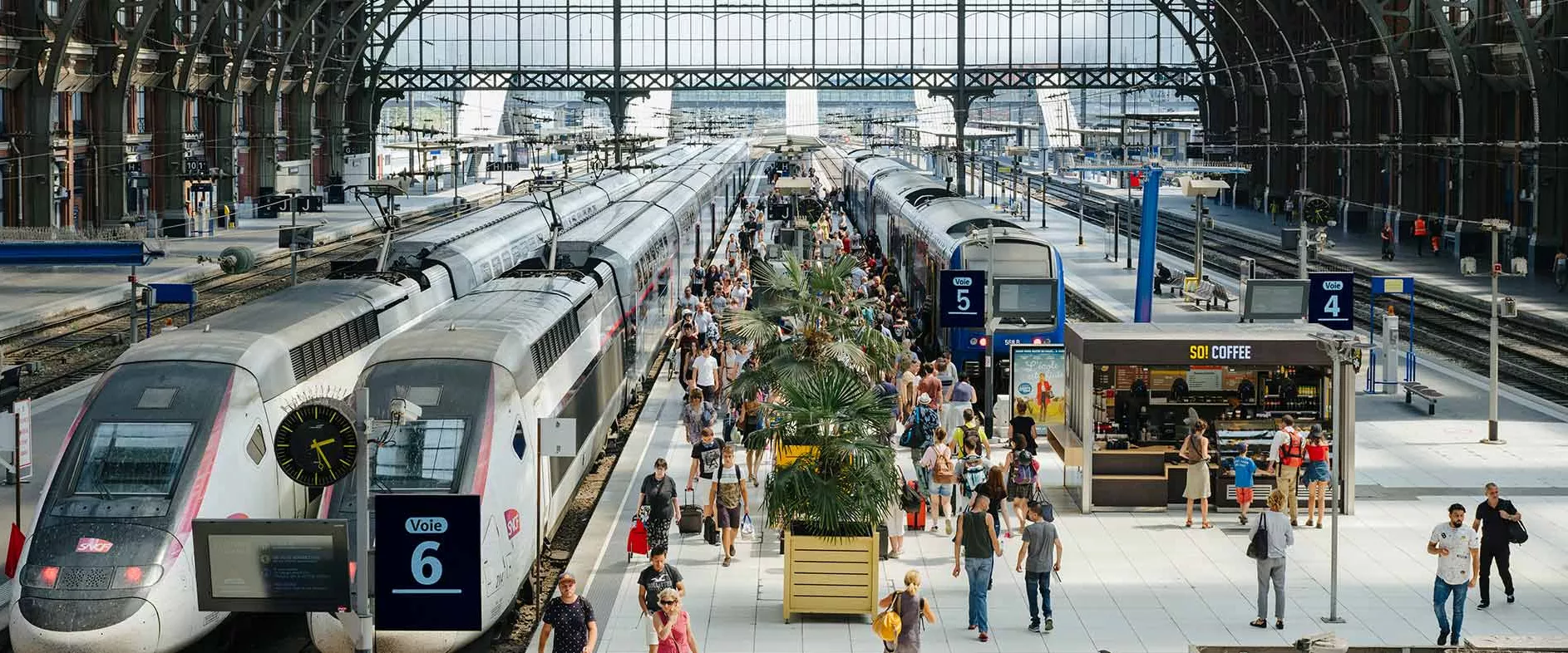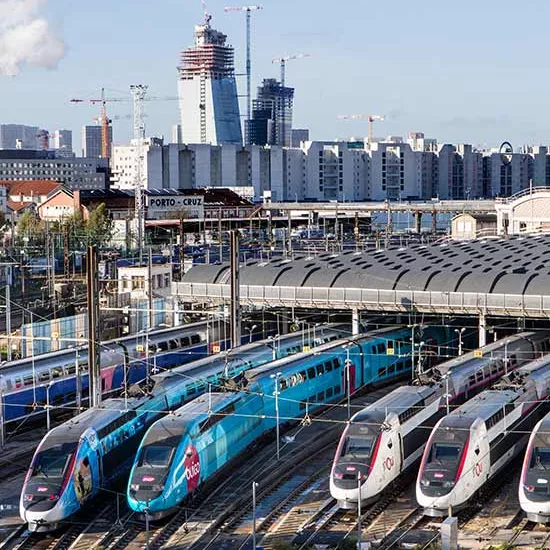
Late or absent staff
What happens when a crucial member of the SNCF train crew doesn’t show up for departure? How is your journey affected, and how do we respond to avoid or minimize delays?

Late or absent staff: how do we respond?
When a train driver or manager is late or absent, their relevant Operations Centre leaps into action to find a substitute driver or manager so the train can leave on time—or with minimal delay. Sometimes, reserve staff step in or other agents’ schedules are adjusted to keep things running smoothly.
If the train is delayed for too long, passengers are asked to transfer to another one.

Adapting train traffic
Trains run in strict sequence according to a schedule set months, even years, in advance. So it’s vital that they leave on time. If a train is delayed at the departure station, it loses its slot and will only be allowed to depart when it can be integrated into circulating traffic. However, depending on how late it is running and the impact this has on the rest of its journey, it can be given priority.
For example, if works on the South-east high-speed line are due to start at 10pm, we make every effort to ensure the train has passed through that area before then.

Our Operations Centres
We set up our Customer Service Operations Centres (COS) in 2013. They monitor the quality of TGV passenger service in real time, anticipating potential delays, and ensuring passenger assistance during disruptions. They are also responsible for onboard services, amenities, and cleanliness.
We have four COS operations, one for each SNCF rail corridor: South-east, Atlantic, North and East. If staff are late or absent on our Intercités trains, the Intercités Supervision Centre (CSIC) steps in to find a solution.
Share the article